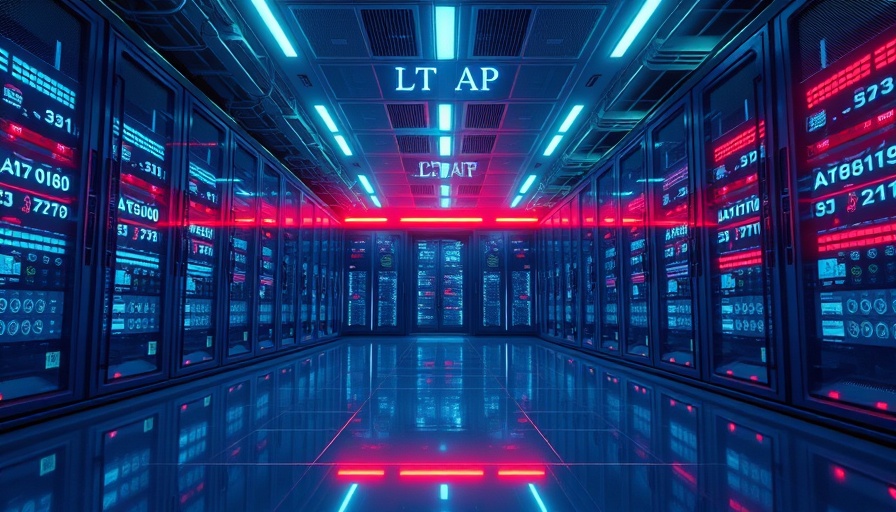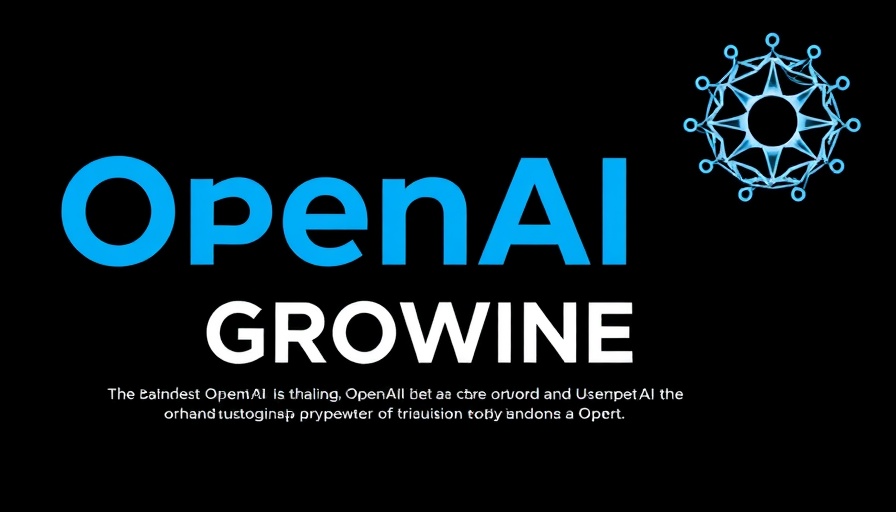
Understanding AI's Impact on Intelligence
The conversation surrounding AI has evolved significantly over the past few years, with claims that intelligence is becoming both ubiquitous and cheap. A recent article in Bloomberg highlighted the potential shifts in how companies are organized because of AI’s evolving role in decision-making. Azeem Azhar posits that if intelligence becomes accessible, our traditional views on human insight will require reevaluation.
Is True Intelligence on the Decline?
However, it seems crucial to examine what we mean by 'intelligence.' AI may offer quick answers and vast pools of expertise, but it does not replicate the nuanced human qualities that underpin true intelligence: creativity, values, and the ability to see beyond the obvious. François Chollet, a pioneer in AI, reminds us that expertise does not equate to general intelligence. This distinction is necessary as we navigate an age increasingly dominated by AI technologies.
Lessons from the PC Revolution for AI
Looking back at the personal computer revolution offers valuable insights. Figures such as Bill Gates and Michael Dell succeeded not just because they had access to cheap technology but because they understood market dynamics and the human desire for expression through technology. As AI commoditizes expertise, it will be those who center their strategies on intrinsic human values that will ultimately thrive.
What Remains Constant Amid Change?
As we venture into a future where expert knowledge is at our fingertips, it raises vital questions about what aspects of human creativity and individuality will prevail. Jeff Bezos famously urged us to focus on what won't change, reminding businesses to harness the uniqueness of human creativity even when surrounded by the influx of AI technologies. The challenge lies ahead for organizations willing to harness creativity and brand values alongside AI capabilities.
 Add Row
Add Row  Add Element
Add Element 



Write A Comment